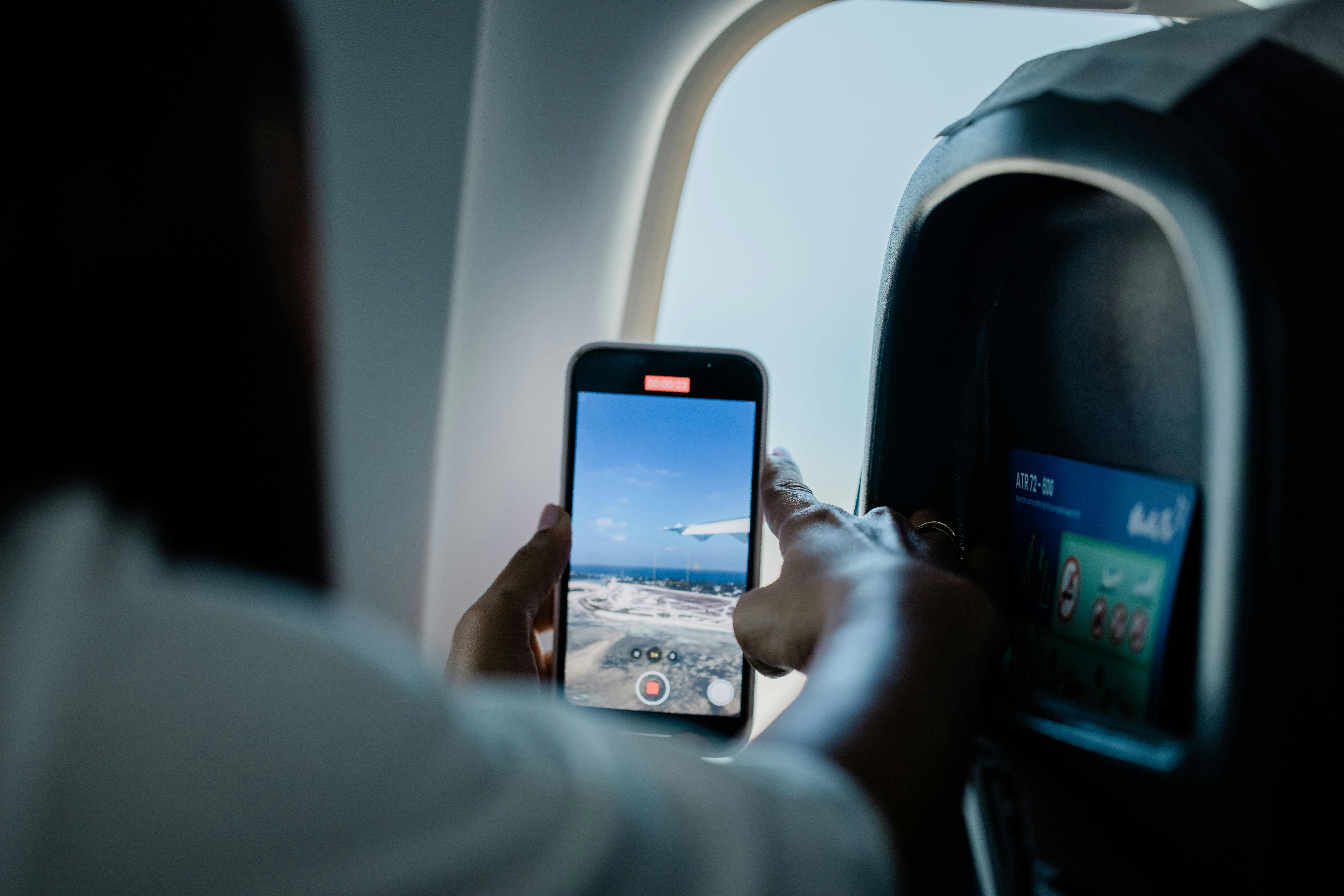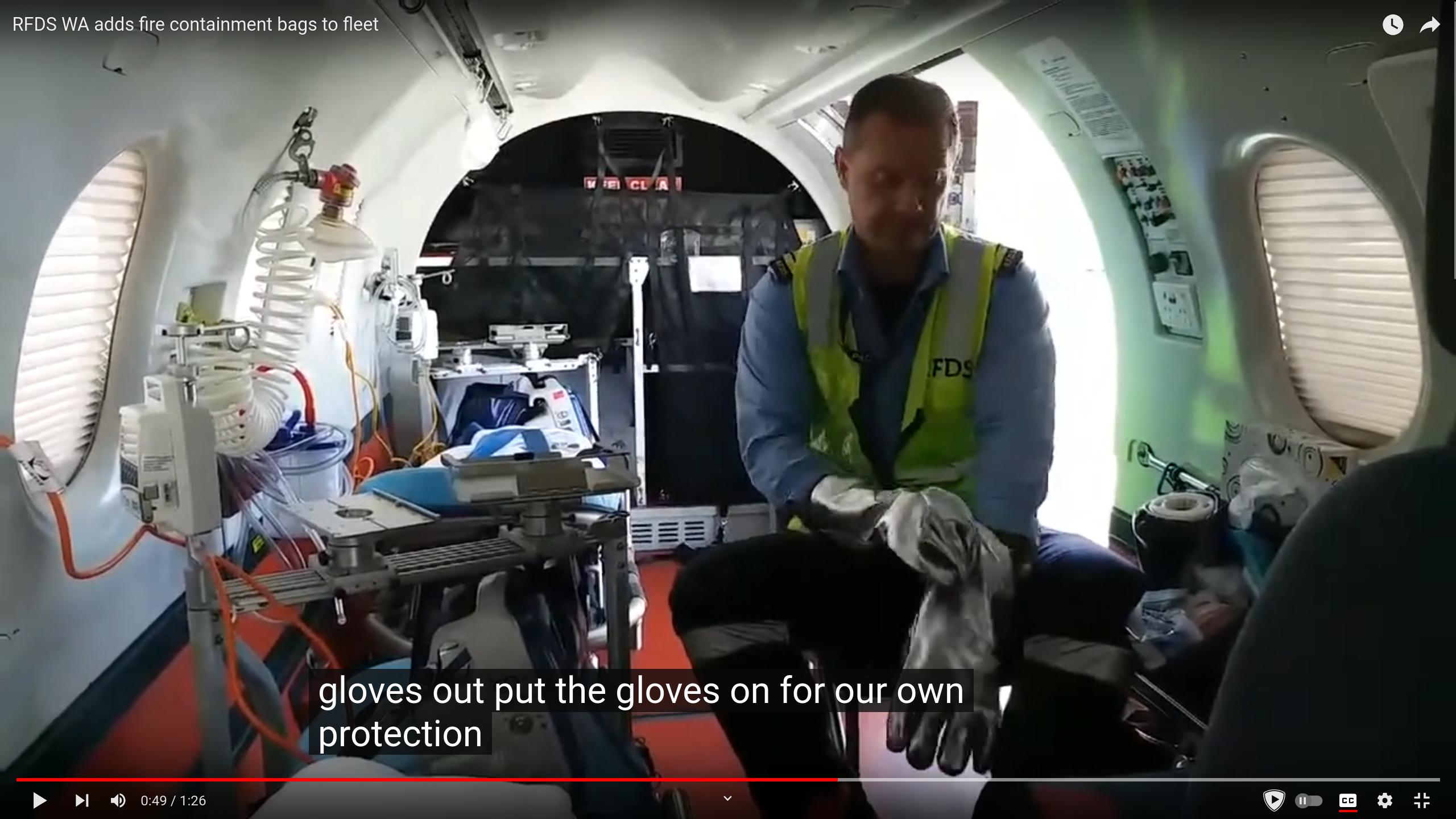What would happen if my electronic device caught fire during a flight?
Aviation professionals say that a fire on board is one of the most dangerous emergencies that can occur during a flight. While I don't have any expertise in this area, I concur that being burned alive is something I'd prefer not to experience. Recently, a passenger's bag with a power bank and e-cigarettes ignited during boarding, forcing an emergency evacuation. This made me wonder: what would happen if my phone or laptop caught fire while the aircraft was airborne?
We can carry personal electronic devices with us in the cabin, although there may be restrictions based on the amount of lithium inside the battery, its power, and other airline-specific rules. Most companies also permit transporting gadgets as checked luggage. Ryanair is one of the few carriers that strictly prohibits putting electronic devices in check-in bags.
Therefore, a combustion can start either in the cabin where passengers are sitting or in one of the cargo compartments below, out of sight. This might sound scary, but I learned that cargo bays are equipped with smoke detectors, so any ignition shouldn't go unnoticed. Crew members can use hand fire extinguishers to put out fires, or a built-in suppression system can be activated by the pilots. The course of action depends on whether the compartment is accessible during the flight. Additionally, these sections are designed to withstand extensive heat. In any case, a modern airplane is likely to land safely.
When it comes to the cabin, most problems are caused by damaged phones, laptops, or electronic cigarettes. Here are some examples from data provided by the US civil aviation regulator (FAA) on their website:
- A cellular phone was crushed between the seats and overheated
- A passenger's laptop fell between the seats
- A passenger broke their cellular phone
- A passenger reclined their seat and crushed their electronic device
Modern lithium-ion batteries come with protection mechanisms that should prevent unwanted chemical reactions from happening. Yet sometimes people drop gadgets or let them slide into places where they can get damaged. That can potentially render any safety measures useless. The key takeaway for me here is that I should be extra careful with my devices on board an aircraft. Even though most incidents don't result in actual fire and immediate danger, losing your phone or laptop while traveling is never fun!
Regarding e-cigarettes, it doesn't appear that passengers inadvertently crush them. However, vapes can be easily activated, especially in tight spaces like a passenger's seat or hand-luggage compartment. As a former smoker, I know that this can happen even in a pocket of my coat! Also, cheap e-cigarettes often can't be entirely switched off. No wonder why vapes create so much headache.
Should a fire start, an extinguisher can be used to stop the initial flame. A flight attendant is likely to put the device in a thermal containment bag afterward because it can re-ignite. These bags are designed to accommodate small gadgets and can withstand high temperatures for prolonged periods of time. Most incidents on the FAA's website involve thermal bags. These are also used as a protective measure for overheating devices even if there's no visible smoke or fire.
Alaska Airlines' website mentions some heat-resistant gloves. I don't know how effective they are: I couldn't find much information about them or specifications. I can only guess that their objective is to protect hands while transferring hot devices into the thermal bags. Probably they aren't designed to endure too much heat.
So, what would happen if my phone or laptop caught fire while the aircraft was airborne? The captain might make a decision to land at the nearest airport, but in general, it seems that airlines and flight attendants have tools and procedures to ensure our safety. With fire extinguishers, heat-resistant gloves, and thermal bags, there should be enough time to deal with any emergency. Being a nervous flyer, I'm happy to know that!
Some useful links:
- https://news.alaskaair.com/alaska-airlines/fire-containment/
- https://explore.dot.gov/t/FAA/views/LithiumBatteries/IncidentDetails?%3Aembed=y&%3AisGuestRedirectFromVizportal=y
- https://www.nbcnews.com/news/us-news/battery-fire-cabin-injures-7-prompts-flights-return-southern-californi-rcna69596
- https://www.lufthansa.com/gb/en/prepare-for-your-trip/baggage/electronic-devices-and-batteries
- https://help.ryanair.com/hc/en-gb/sections/12503055461777-Permitted-Items-On-Board
- https://www.airbaltic.com/en/baggage-restrictions
- https://www.delta.com/us/en/baggage/prohibited-or-restricted-items/battery-or-fuel-powered
- https://www.hot-stopl.com/
- https://www.lithiumfireguard.com/
- https://www.youtube.com/watch?v=LCEI_KdgcaA
- https://www.youtube.com/watch?v=A7hRyOuHbX8
- https://www.youtube.com/watch?v=fIcWogYdGLw
- https://www.youtube.com/watch?v=kHTlVmBbnPA
- https://www.pexels.com/photo/close-up-of-a-woman-recording-a-video-of-the-view-from-an-airplane-window-15923435/


